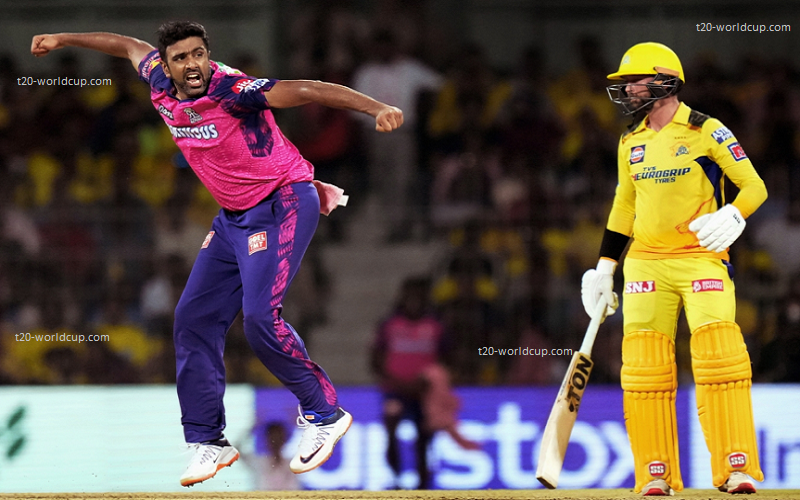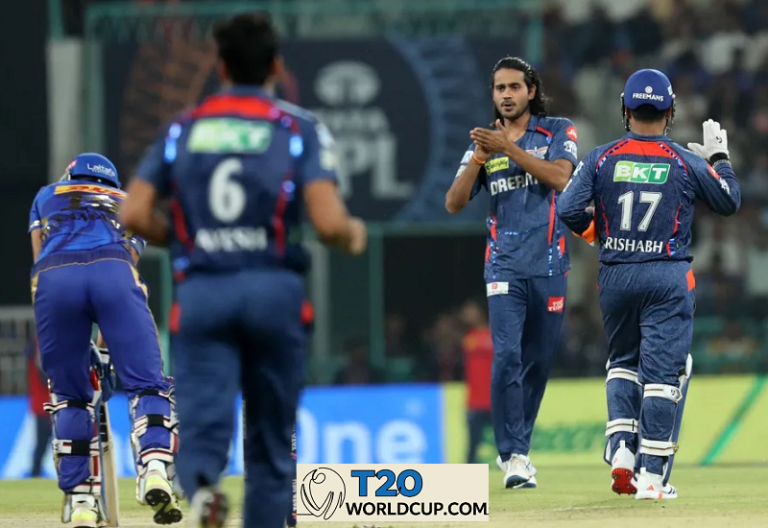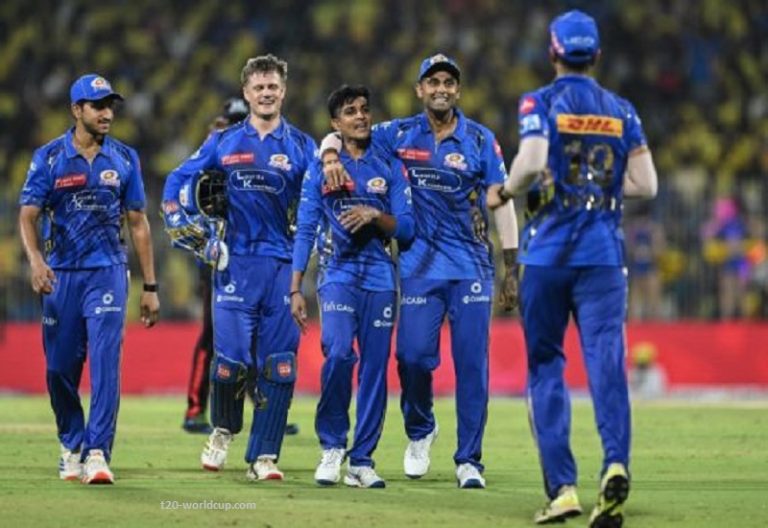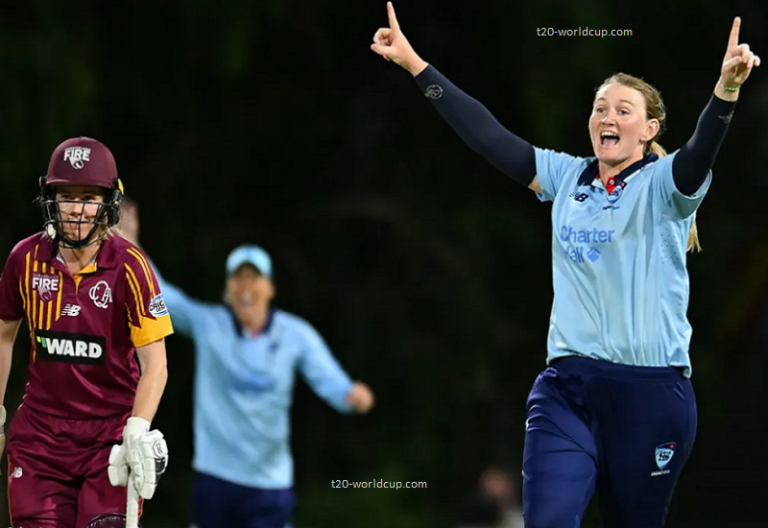
The Indian Premier League (IPL) has always been at the forefront of innovation, ensuring that the game remains fair and competitive. In a significant move ahead of the 2025 season, the Board of Control for Cricket in India (BCCI) has approved a new rule allowing teams to request one ball change per innings to counter the effects of dew. This decision aims to provide a more balanced contest between bat and ball, particularly in night games where dew has historically favored the chasing side.
Why the Rule Change?
Dew has long been a challenge in limited-overs cricket, especially in subcontinental conditions. The moisture on the pitch and ball reduces grip for bowlers, making it difficult to execute variations like slower balls and spin deliveries. This has often led to a significant advantage for the team batting second. The new rule ensures that bowling teams have an opportunity to counteract excessive dew by replacing the wet ball with a drier one at a crucial stage of the innings.
Key Details of the Ball Change Rule
| Feature | Description |
|---|---|
| Rule Name | One Ball Change on Demand |
| Applicable To | IPL 2025 onwards |
| Teams Allowed | One ball change per innings |
| When to Request | Any time during the innings |
| Who Decides? | The bowling team’s captain, in consultation with the umpires |
This rule ensures that teams can strategize effectively while maintaining the spirit of the game. The flexibility to request a new ball will force captains to think tactically about the best time to make the switch.
Impact on Bowling Strategies
The ability to change the ball mid-innings brings about new dynamics in bowling tactics. Teams might use the rule in the following ways:
- Spin Bowlers Benefit: Spinners, who often struggle to grip the ball under heavy dew, can get relief by requesting a drier ball.
- Pace Variations Become Effective Again: Seamers relying on cutters and slower deliveries regain control, making death bowling more challenging for batters.
- Bowling First Becomes More Appealing: Traditionally, teams winning the toss have preferred to chase due to dew. With this rule, bowling first becomes a more viable option, leveling the playing field.
Historical Impact of Dew in IPL
Dew has played a significant role in past IPL seasons, influencing match results and toss decisions. Here’s a look at how dew has affected teams in previous seasons:
| Season | Matches Affected by Dew | Win % for Chasing Teams |
| 2021 | 24 | 67% |
| 2022 | 19 | 61% |
| 2023 | 22 | 64% |
| 2024 | 20 | 62% |
The above table illustrates how chasing teams have consistently held the advantage due to dew. The introduction of the ball change rule aims to curb this disparity and create a more even contest.
Reaction from Players and Experts
Several cricketers and analysts have weighed in on this rule change. Here’s what they had to say:
- Ravi Shastri (Former India Coach): “A great move by the IPL governing body! This rule will help balance the game and reward skill over conditions.”
- Ravichandran Ashwin (Indian Spinner): “Spinners will finally get some relief from the dew factor. It’s a well-thought-out rule.”
- Gautam Gambhir (Former KKR Captain): “This will bring back some unpredictability to chasing teams. Batting second might not always be the best choice anymore.”
Strategic Changes for IPL Teams
With this new rule, IPL franchises will need to tweak their game plans. Here’s how teams might adapt:
1. Revised Toss Strategies
Captains will now consider the possibility of mitigating dew when deciding whether to bowl first. The option to replace a slippery ball means that teams might be more willing to defend a total.
2. Squad Selection Adjustments
Franchises could prioritize bowlers who benefit from a fresh ball, such as wrist spinners or seamers with effective cutters. Teams like Chennai Super Kings and Rajasthan Royals, known for relying on spin, may benefit significantly.
3. Bowling Rotations
Captains might hold back their main spinner or death-over specialist until after the ball change, ensuring they bowl with a more favorable ball.
Possible Challenges and Criticisms
While the rule aims to bring fairness, some concerns have been raised:
- Standardization of the New Ball: Will the replacement ball be in similar condition to the old one?
- Timing of the Ball Change: Could teams exploit this rule unfairly to disrupt a set batting pair?
- Impact on Viewership and Match Flow: Frequent rule changes may confuse casual fans, affecting the viewing experience.
Final Thoughts
With IPL 2025 introducing the one ball change on demand rule, cricket continues to evolve, ensuring that conditions do not unfairly favor one side. This change will test captains’ decision-making, add new dimensions to team strategies, and, most importantly, enhance the competitiveness of T20 cricket. The upcoming season promises to be more thrilling than ever as teams adapt to this game-changing rule.






